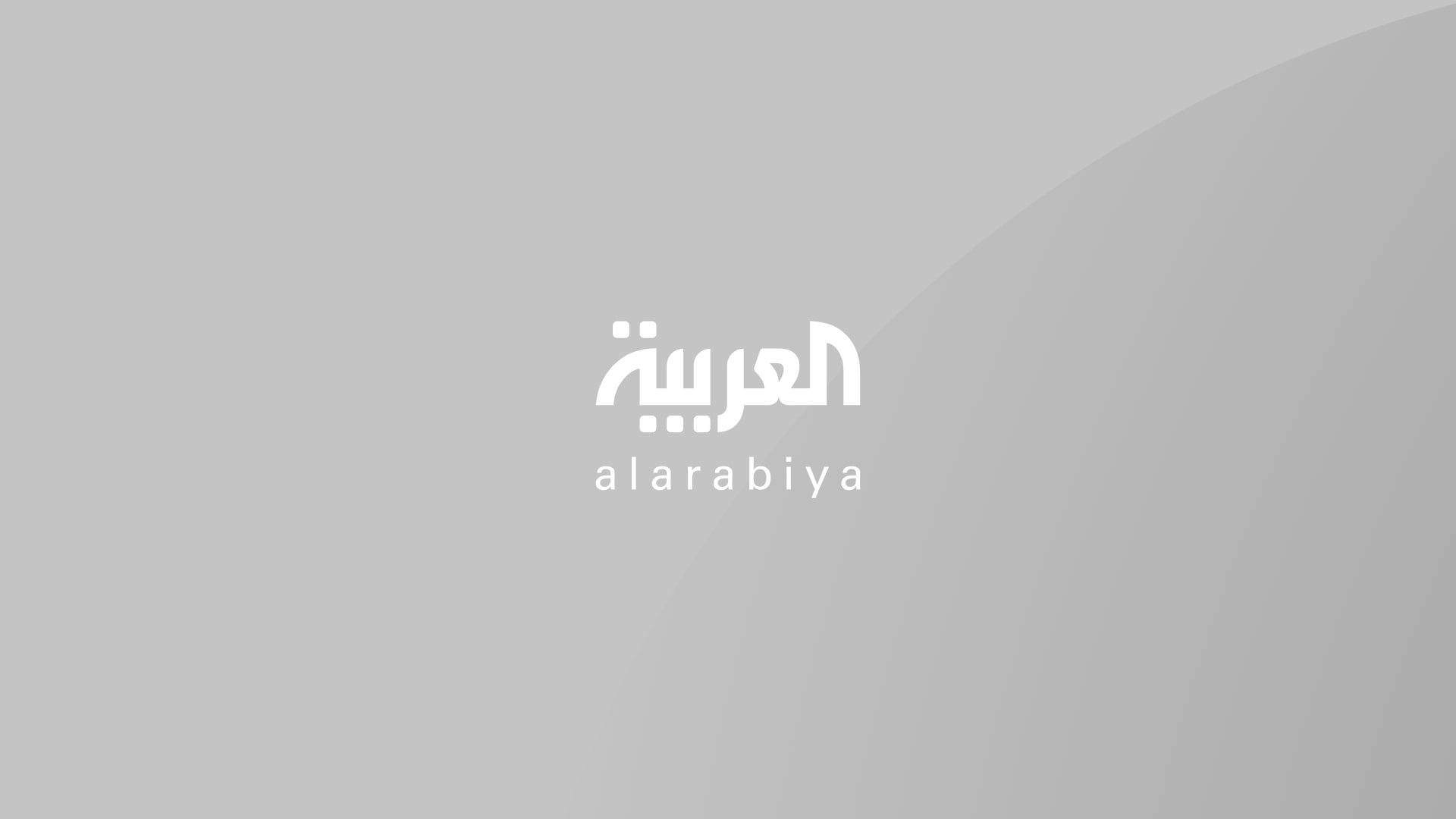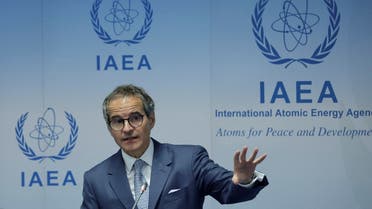UK, France, Germany, US urge Iran to reverse bar on some UN nuclear inspectors
The US, Britain, France and Germany called on Iran to reverse its decision to bar “several” UN inspectors, a joint statement from the countries published by the British government said on Monday.
“Iran must immediately reverse these inspector de-designations and fully cooperate with the Agency (the International Atomic Energy Agency) to enable them to provide assurances that Iran’s nuclear program is exclusively peaceful,” the statement said.
For all the latest headlines, follow our Google News channel online or via the app.
“This is at a time when the IAEA has serious, longstanding, and unresolved questions related to undeclared nuclear materials and activities in Iran that Iran has failed to address for more than four years.”
Iran’s move was a response to a call led by the US and three European allies - the so-called E-3 - at the IAEA’s Board of Governors meeting last week for Tehran to cooperate immediately with the IAEA on issues including explaining uranium traces found at undeclared sites.
The step taken by Iran, known as “de-designation” of inspectors, is allowed; member states can generally veto inspectors assigned to visit their nuclear facilities under the nuclear Non-Proliferation Treaty (NPT) and each country’s safeguards agreement with the agency governing inspections.
However UN nuclear watchdog chief Rafael Grossi on Saturday condemned what he referred to as a “disproportionate and unprecedented unilateral measure” taken by Tehran to bar the inspectors.
“Iran continues to expand its nuclear activities. It is now also deliberately hampering the normal planning and conduct of Agency verification and monitoring activities,” the joint statement said.
“France, Germany, the United Kingdom, and the United States will continue to stand in strong support of the IAEA and the international safeguards verification regime,” it added.
Read more: Biden administration defends Iran prisoner exchange deal
-

EU slams exclusions of nuclear inspectors by Iran
The European Union on Sunday told Iran to reconsider its decision to withdraw ... World News -

Britain, France, Germany to retain ballistic, nuclear sanctions on Iran
Britain, France and Germany said on Thursday they would retain ballistic missile ... World News
